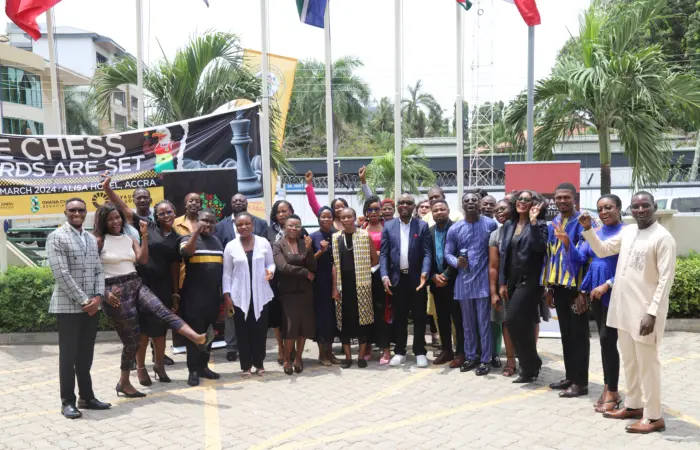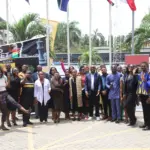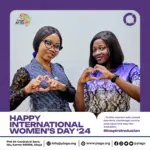The planned expansion of voter access to polling units in Nigeria by the Independent National Electoral Commission (INEC) may resolve an age-long crisis of insufficient polling units and poor polling units’ management. Elections in Nigeria are currently conducted in 119,973 polling units across the 774 Local government areas in 36 states and the Federal Capital Territory (FCT) Abuja. These polling units were established in 1996, to serve approximately 50 million voters at the time. Notwithstanding the exponential population growth in the country, twenty-five years later, the same number of polling units now serve approximately 84,004,084 voters. The continued use of the same number of polling units regardless of emerging trends in population growth and population movement dynamics has resulted in limited voter access to polling units, crowded and congested voting facilities, and susceptibility of the voting process to manipulation. While INEC’s plan to commence expanding voter access to polling units is crucial for addressing these challenges, INEC must ensure that the process is fair, transparent, inclusive and acceptable by citizens and key actors. Yiaga Africa seeks to draw the attention of critical stakeholders to the necessity of expanding voter access to polling units while ensuring that the process is data-driven and meets integrity standards.
Although the Electoral Act confers administrative powers on INEC to establish polling units and allocate voters to polling units, previous attempts by INEC were unsuccessful. The legality of the process, human rights considerations, necessity and timeliness, are important considerations informing Yiaga Africa review of the policy. In INEC’s Discussion Paper on the State of Voter Access to Polling Units in Nigeria, the Commission highlighted three approaches for expanding voter access to polling units. The Commission’s discussion paper highlighted justifications for their preferred approach of ‘converting existing voting points and voting point’s settlements to polling units’. While this approach seems to be more accessible and less controversial, the practicality in its implementation raises questions which the commission has not sufficiently addressed. Informed by the findings from Yiaga Africa’s previous election observation initiatives, this analysis seeks to respond to the following issues: the strategy for the relocation of polling units, allocation of voters to polling units, the guiding principles, the communication strategy for citizens engagement, the time-frame for the process, the framework for future expansion of voter access and the prospects of harmonizing voter registration data with the national database of citizens. Within the conversation for expansion of polling units is also the issue of the national census and how the absence of accurate and updated data on the voter population impacts the credibility of the voter’s register and the polling unit’s expansion.
In the light of these matters arising, Yiaga Africa recommends that….






